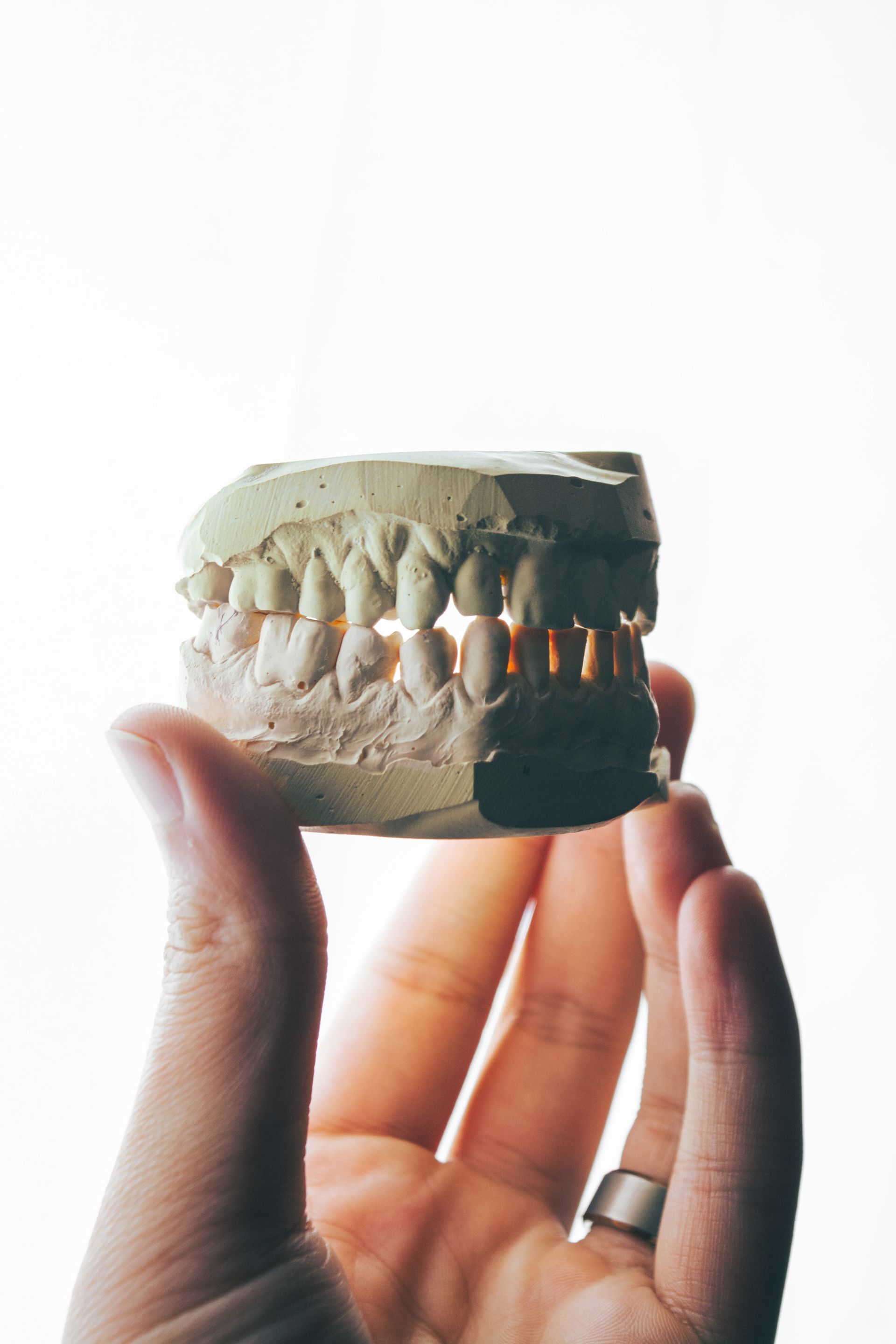Lesser Known Reasons for Tooth Decay & What You Can Do About It

It May Not Be What You Think!
How many times have you heard to avoid cavities or tooth decay, you need to be brushing and flossing more? While brushing and flossing are one of the best ways to avoid tooth decay, it isn’t the whole story. We see patients with immaculate oral hygiene, very little bacterial plaque who have lots of cavities while other patients, who look like they hardly ever brush their teeth with zero cavities! How is this fair? Read on!
What is Tooth Decay?
Tooth decay is a bacterial infection that can damage the enamel, which is the outer coating of our teeth. Decay can attack both the enamel and then dentin layer, which then allows the infection to spread like wildfire.
The decaying process starts when a buildup of bacteria plaque in the mouth produces acids. The acids in the plaque break down the enamel and cause cavities or tooth decay. Fortunately, if caught early enough, dental professionals can treat cavities and prevent further damage.
Dry Mouth
If you brush, floss and eat healthy whole foods but still have cavities, you could have a dry mouth. Breathing with your mouth is unhealthy and can leave you with a dry mouth. So can certain medications. An acidic oral environment also promotes tooth decay. Saliva is an important natural buffer neutralizing the acids and can minimize incidents of tooth decay. Saliva also has digestive enzymes to begin the breakdown of carbohydrates and fats. It even has trace amounts of an enzyme to help control blood pressure. Healthy nasal breathing can avoid a dry mouth and decrease your risk of tooth decay. Eat with your mouth, breathe with your nose!

Teeth Grinding and Clenching
Teeth grinding and clenching cuts off the blood circulation containing oxygen and nutrients from your teeth. Teeth that are starved of oxygen and nutrients cannot be healthy and are more prone to tooth decay.
Without oxygen and nutrients, teeth can become more sensitive, too! Dr. Felix Liao, author of Early Sirens, coined the term “Tooth Angina” to describe the condition. Just as we can have painful heart angina from the lack of oxygen, and we experience tooth pain or “tooth angina” from the lack of oxygen to our teeth.
Another interesting fact is that healthy teeth recover after dental work whereas teeth that lack oxygen (and nutrients) struggle to recover and sometimes do not. Root canals are often the recommended treatment for teeth that are in pain. Let’s understand why you have pain so we can get to the root of the problem instead.
A Sign of Sleep and Breathing Disorder (SBD)
Healthy breathing is nasal breathing. Nasal breathing activates the lower lobes of the lungs which in turn activates the rest, digest, repair, grow, detox part of our nervous system. Mouth breathing activates the upper lobes of our lungs which puts us into the state of fight and flight.
Our teeth are a part of our digestive system. In fight or flight, our body prioritizes oxygen supply to our brain and heart first to keep us alive, and to our muscles so we can fight or run. When digestion is toned down because we are in fight or flight mode, the teeth suffer because our teeth are part of the digestive system. Teeth are once again, as in teeth grinding, not receiving the oxygen needed to be healthy and we become more prone to tooth decay.
Straighten Teeth to Avoid Tooth Decay
Teeth that are less crowded are easier to brush and floss effectively. If you have crowded and crooked teeth, we can assist with the growth (expansion) of your jaw so that your teeth can have the space needed to naturally align. We do this with the Vivos Method™ and HealthyStart® oral appliances. For those without the oral contributions to breathing and sleep issues, we offer CandidPro® clear aligner system to straighten teeth for easier cleaning and a beautiful smile.
Dr. Yamashiro is a biological dentist practicing holistic dentistry at Ecologic Dentistry. To request an appointment or make an inquiry, please call 253.863.7005 or visit us at ecologicdentistry.com.










